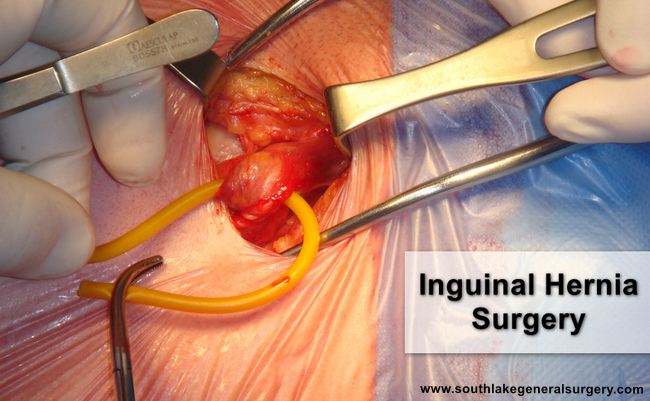An inguinal hernia is the type of hernia in which the art of an organ pokes out through an abnormal opening, abnormality can be felt by the patient as a bulge. In an inguinal hernia, the bulge or lump is visible at the groin area.
The inguinal hernia is more common in men than women the men are 10 times more likely to have an inguinal hernia. About one in four men are likely to suffer inguinal hernia in their lifetime.
Inguinal hernia causes and symptoms-
There can be many causes that can lead to condition of inguinal hernia, but there are some specific inguinal hernia causes and symptoms too. As in general the major contributor to inguinal hernia is thought to be a weak spot present on the abdominal and groin muscles. The weak spot can be created due to extra pressure on the muscles.
Inguinal hernia causes
- heredity
- having a prior inguinal hernia
- being male
- premature birth
- being overweight or obese
- pregnancy
- cystic fibrosis
- chronic cough
- chronic constipation
Symptoms of inguinal hernia
The appearance of the bulge or lump near the groin area is the indicator of the inguinal hernia. Other symptoms include-
- pain when coughing, exercising, or bending over
- burning sensations
- sharp pain
- a heavy or full sensation in the groin
- swelling of the scrotum in men
Treatment of inguinal hernias
Surgery is the most effective treatment against the inguinal hernia. The real question that may arise is whether to go for an open inguinal herniorrhaphy or laparoscopic inguinal herniorrhaphy?
Open inguinal hernia Surgery– The surgery proceeds by making a large incision on the abdomen near the groin area.
Laparoscopic inguinal Surgery– The surgery is famous for being minimal invasive surgery, the surgeon operates on the hernia by making multiple smaller incision. The surgeon also uses equipment that includes a long, thin tube with a lighted camera on the end that adds into the visibility inside the body while operating.
The goal of the Surgery
Both the surgical procedures focus on returning the bulging organ to its place or abdominal cavity. The other function of the surgery is to repair weak abdominal wall. Mesh is commonly used for reinforcing the abdominal wall. As soon as everything is at its place the surgeon closes the incision with the help of sutures, staples or adhesive glue.
Inguinal hernia surgery complications
The inguinal surgery has some postoperative complications, although the surgeon and medical team will tell you before about all the Inguinal hernia surgery complications
Postoperative complications-
- Seroma/hematoma formation
- Urinary retention
- Neuralgias
- Testicular pain and swelling
- Mesh infection and wound infection
- Recurrence
Inguinal hernia surgery complications can be avoided by choosing an experienced surgeon. Post-surgery you may also feel little pain, in case pain becomes unbearable your surgeon will provide you the medication that provides relief. Post-surgery recovery will depend on the following factor including- type of surgery, age of the person, medical condition of the patient.

